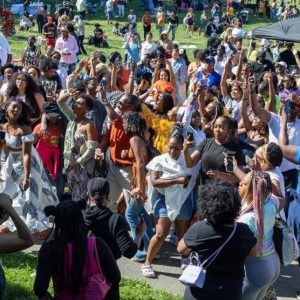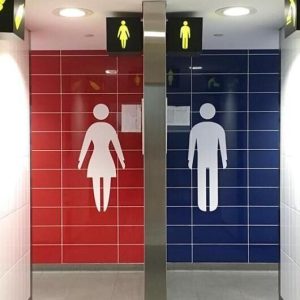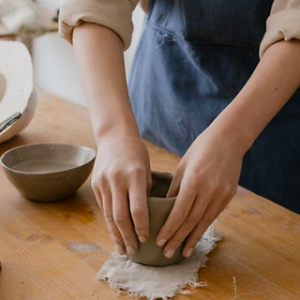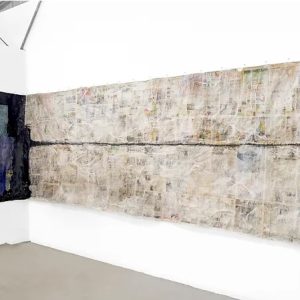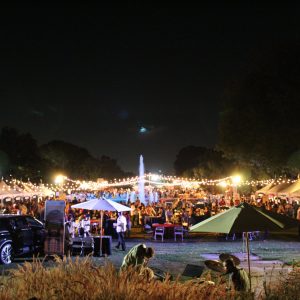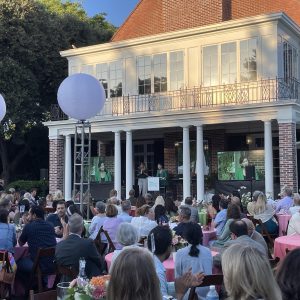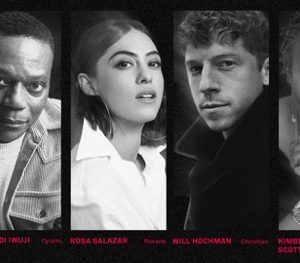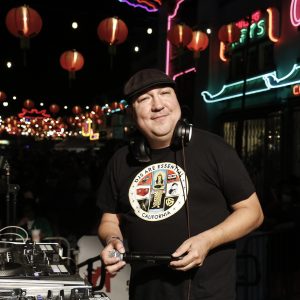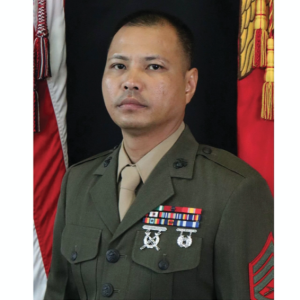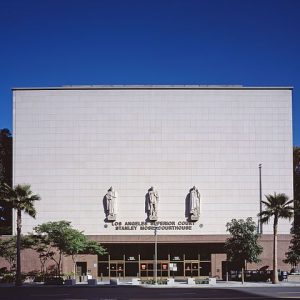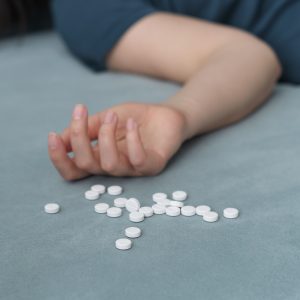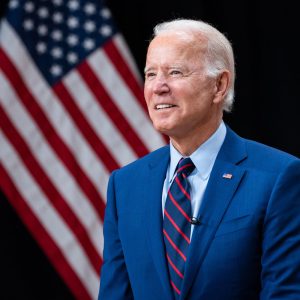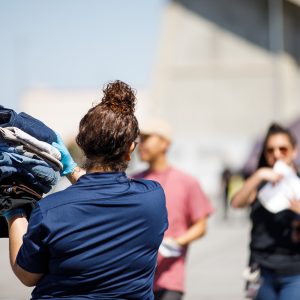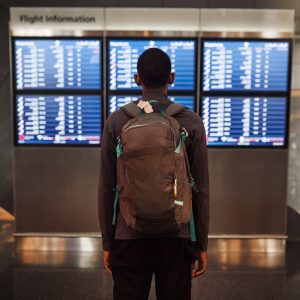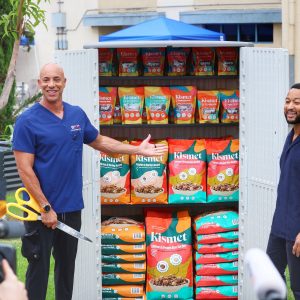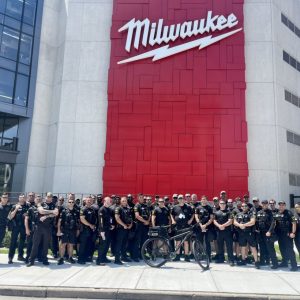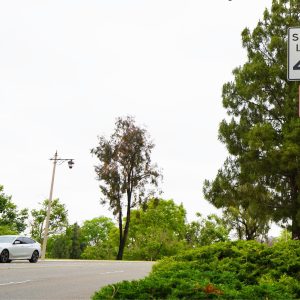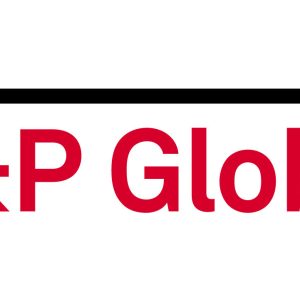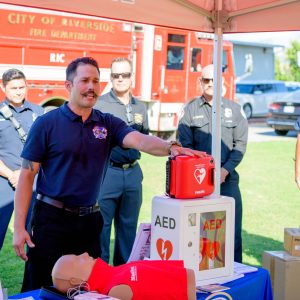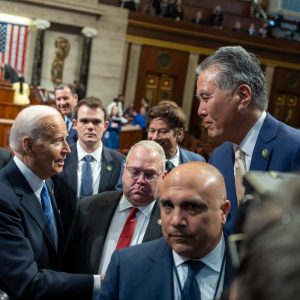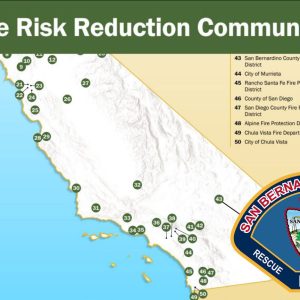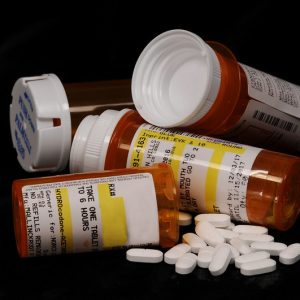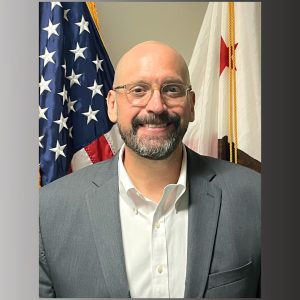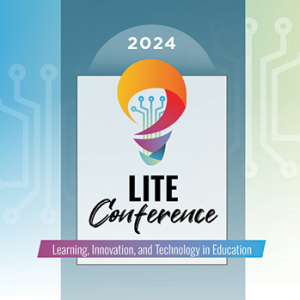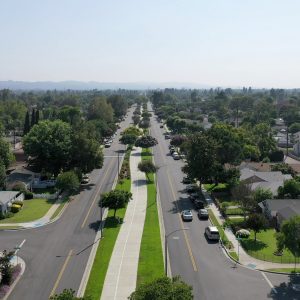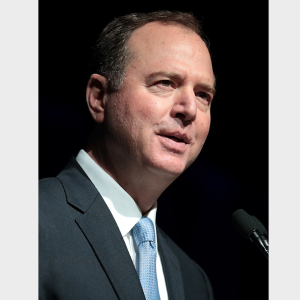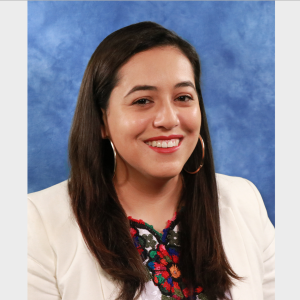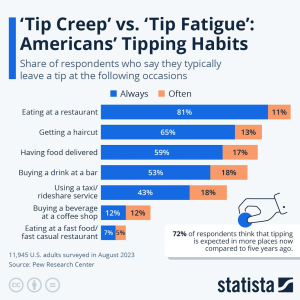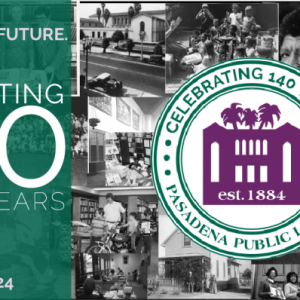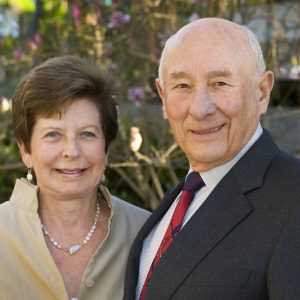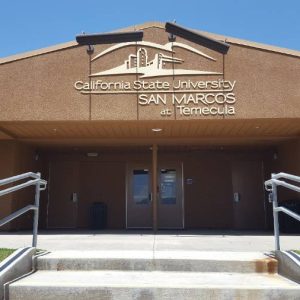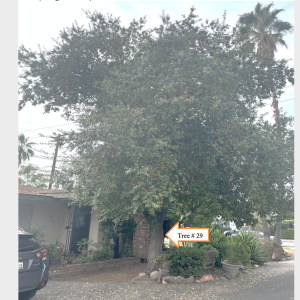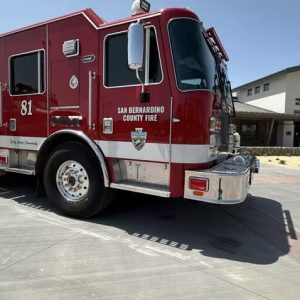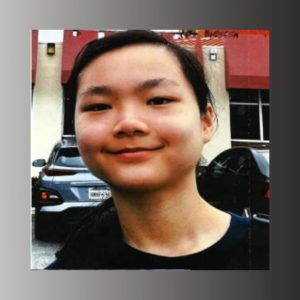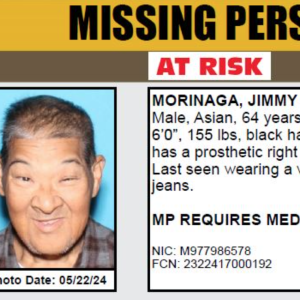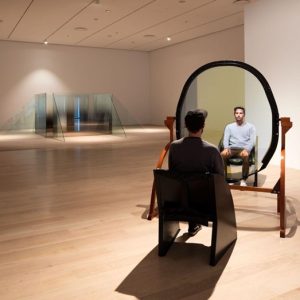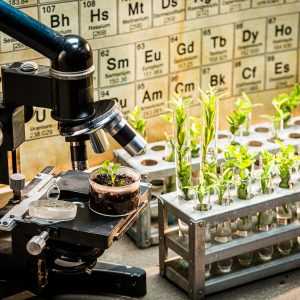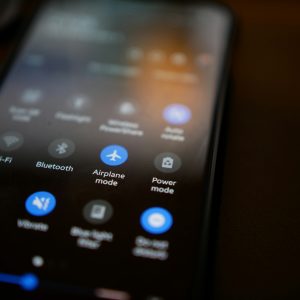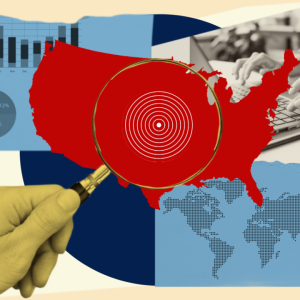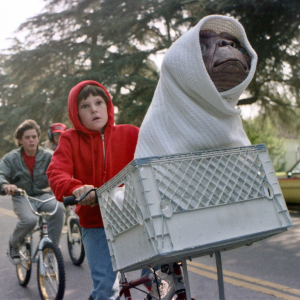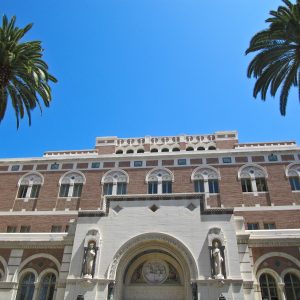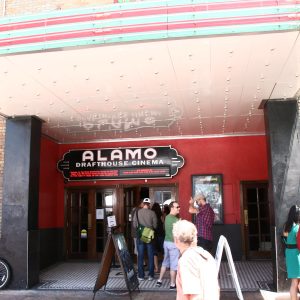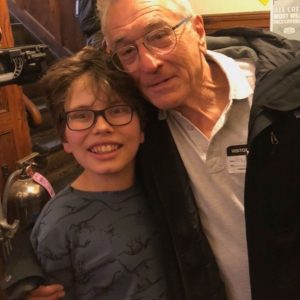 View Winners →
View Winners → Rabbi donates kidney to woman he didn’t know in Toronto
A rabbi on the staff of Cedars-Sinai hospital in West Los Angeles recently donated a kidney to a complete stranger in dire need who lives in Toronto, the hospital announced Friday.
Weiner is Cedars-Sinai’s senior rabbi and director of the Spiritual Care Department, and he has always had an affinity for organ donors and their families, according to the hospital.
“I always made sure, first of all, that when I heard about someone in the hospital, who had donated an organ to someone else, that I would go out of my way to go to visit them, just to share how impressed I was and support them and praise them,” Weiner said in a statement. “I always thought it was a beautiful thing. I was always very impressed by that act.”
Weiner’s affection for organ donors was put to the ultimate test last month when he faced the opportunity of moving on from simply praising the selflessness of organ donors to actually becoming one himself — and traveling all the way to eastern Canada to donate a kidney to someone he had never met.
Initially Weiner had signed up to become a potential organ donor at an awareness event for a friend who was in need of a kidney, according to Cedars-Sinai. The organization Renewal, which connects kidney patients with organ donors, hosted the event where attendees interested in being donors were tested to see if their kidneys were possible matched with patients in need of a transplant.
“I sort of thought, ‘I praise it so much, and I believe in it, and I think it’s such a good thing, why don’t I put my kidney where my mouth is, so to speak?’” Weiner said.
As it turned out the rabbi wasn’t a match for his friend, who eventually did find a donor and received a transplant. Weiner had nearly forgotten about the donor compatibility test he took, and that’s when he got that life-changing call. He was a 1 in 1,000 match — not for his friend, but for a woman in Toronto.
“She had very rare antibodies and HLA type, and they just couldn’t find anyone, and she was likely to suffer for a few more years and die without finding a donor,” Weiner said.
The optimistic recipient was Bonnie Lilien, a retired teacher and grandmother who had been dealing with dialysis treatments for over three years.
Weiner’s decision to have such a serious operation was not an easy one, according to Cedars-Sinai. So he turned for advice to his colleagues at the hospital, including Dr. Irene Kim who is the director of the Cedars-Sinai Comprehensive Transplant Center.
The doctor was forthright about the risks Weiner and kidney donors face.
“I shared with him the exact same message that I share with my own patients,” Kim said in a statement. “And that is, there are some very serious risks involved with living donation. It is a major surgical procedure that you’re undergoing, and you have to be mindful and know and understand those risks.”
Weiner also spoke with Dr. Zab Mosenifar, professor and executive vice chair of Cedars-Sinai’s Department of Medicine. “Known for running every single day of his adult life, and for completing more than 100 marathons, Mosenifar has been a health and wellness inspiration for Weiner, who recently started running marathons himself,” according to the hospital.
“He said, ‘You’ll still be able to run marathons just fine. You’ll do great,’” Weiner said. “That was reassuring.”
Weiner lastly met with Stuart Finder, director of Cedars-Sinai’s Center for Health Care Ethics.
“He helped me to really ask good questions, rethink my assumptions,” Weiner said. “He helped me to make sure that it really worked for me, and he was extremely helpful in the process.”
Those consultations, in addition to discussing the prospect of becoming a kidney donor with his own doctors, family, friends, spiritual leaders and other kidney donors, persuaded Weiner that he was healthy and well enough to donate. With their support and that of his supervisor Jonathan Schreiber, vice president of Community Engagement, he sent news to his care team that he was indeed on board for the kidney donation.
When the news of the rabbi’s selfless decision reached Lilien, she was overjoyed.
“It was just too good to be true,” she said in a statement. “It was like I had been dreaming and praying for this, and finally, my wishes came true.”
The weeks ahead of the surgery were replete with tests and assessments to ensure that Weiner was physically fit to be a kidney donor.
“It was very emotional,” Weiner said. “I found myself crying a lot, which I don’t normally do. Not like sad tears, just like I was just overwhelmed by the emotions of the whole thing, just saving a life and doing something that I never thought I would do, but that I believe is a wonderful thing. And sometimes fear, and also some excitement, and just a desire to do this with joy. [There was] a lot of praying, a lot of anticipation. It’s one of the biggest things I’ve ever done in my life.”
In February Weiner flew with his wife to Toronto for the donor surgery. Both Weiner’s explant procedure and Lilien’s transplant surgery went smoothly, according to Cedars-Sinai.
“A little bit of pain but a marvelous amount of gain,” Lilien said. “And that’s my attitude. It’s all worth it.”
A few days after the surgeries, Weiner was able to walk down the hospital corridor for a first-time meeting with Lilien and her family.
“It was just nice to see because she has small grandchildren, and she told me that she didn’t think she would get to see her grandchildren grow up,” Weiner said. “And she’s someone who’s very beloved in her community. She was a high school teacher. So it’s just nice to see that she was such a kind and giving person and she really appreciated it. So it really felt good.”
The surgery has provided Lilien a new chance to live a more fulfilling life, according to Cedars-Sinai. Some of Lilien’s post-op plans include traveling, in particular going on cruises, and spending more time with her family and friends, who she said comprised a helpful support network as she went through the transplant experience.
“And also, I’m able to eat anything,” Lilien said. “Actually, when I was in the hospital, they were feeding me this salty soup and vegetables that, as a kidney patient, I wasn’t allowed to eat. So I called my doctor over and said, ‘Why are they giving me this? I can’t have all this salt in here,’ and my doctor said, ‘You are no longer a kidney patient.’ So that was liberating. Totally, totally liberating.”
Weiner noted that for him, there was much more to the experience of organ donation than receiving accolades and gratitude, according to Cedars-Sinai. For Weiner, “donating his kidney was a private kindness, best done quietly” — but he also felt encouraged to inspire awareness about kidney donation and about living up to the hospital’s mission: to Be a Blessing.
“This act requires people choosing to do it, they need role models,” he said. “If I hadn’t met people who had done it, and been able to speak to them and been impressed by them and encouraged by them and seen how well they did, I certainly would not have done it. So I thought that maybe I had an opportunity to encourage others, without putting pressure, obviously, but maybe I could serve as a role model for them as well.”




